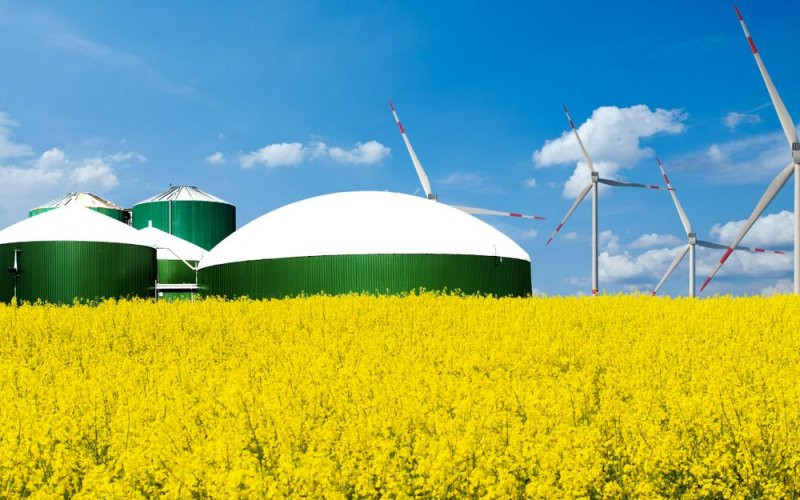#Part4CM The Romania-Ukraine Partnership for Climate Change Mitigation project promotes the trend of transfer to alternative fuels in order to achieve energy independence.

Ukraine can replace imported natural gas with up to 10 billion m3 per year by developing biomethane production by 2030. To achieve such energy independence, hundreds of biogas plants will have to be built, which is something that local farmers are interested in. In Europe, biomethane plants increased 10 times in 10 years. In Ukraine, 5 biomethane plants are to be built in 2023, and at least 5 more in 2024. It is noted that biomethane is a renewable gas produced from waste from the food industry, crop production, and livestock.
The largest amount of biomethane in Ukraine can be generated from grain straw and corn stalks, which usually remain in the fields after harvest. Ukraine has the largest area of agricultural land in Europe, which means it has significant potential for biogas production. If more fuel is produced, it can be exported to the EU using existing gas pipelines. This is very promising, as Europe wants to stop using natural gas, including Russian gas, by 2050.
The RO-UA Partnership for Climate Change Mitigation project is funded by the European Union through the European Neighborhood Instrument and co-financed by the countries participating in the ENI CBC Romania-Ukraine 2014-2020 Program.